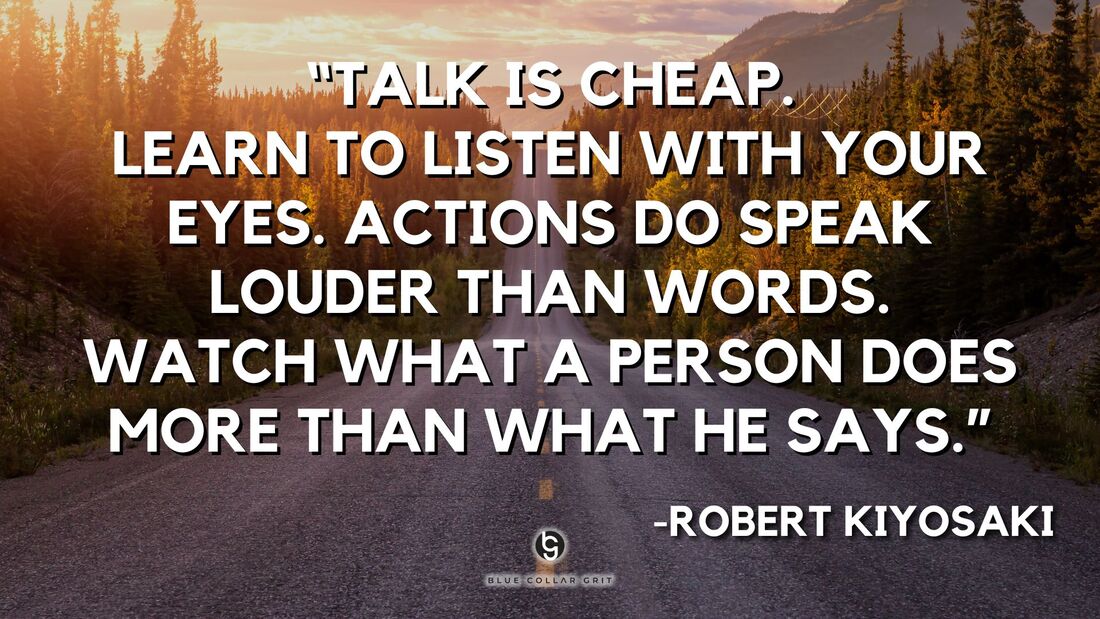Trust Your EyesThe transfer portal in college basketball right now is beyond crazy. Over 1500 players are in the portal, looking for a new home to continue their college basketball career. It’s basically turned into a free agency situation in which athletes, or agents, openly make financial and playing time demands in exchange for a one year commitment to play for said school.
College coaching staffs then have a decision to make: hold onto the idea of players coming to their program grateful for the opportunity to further their education and career, embrace growth and gradual improvement, and be a part of something bigger than themselves; or, accept the shift in focus to personal financial gain, the need for immediate opportunity, and prioritization of the individual over the team. Of course, it’s not always that clear of a discrepancy. There are players, and coaches, that are able, and willing, to navigate the power struggle better than others. Nonetheless, it’s a messy situation that challenges both parties to evaluate the true intentions of the other in an environment that is unstable at best. In talking with a few coaches and players directly involved in the process, the most sound advice I’ve heard in regards to accessing the intentions of others is to “trust your eyes more than your ears”. Why Should We Care? We should care because we know it to be true, yet consistently fail to heed the advice. We are charmed by the clever answers to our interview questions by candidates that we are naturally drawn to and want to hear the right answers from. We over-value the accomplishments listed on resumes, concluding that previous success equates to future success. And, we lean too heavily on the recommendations of others, assuming their opinion is destined to match our opinion. Words are the cheapest form of the truth. It’s our eyes that we can trust. Those college coaches I referenced earlier have endless amounts of film to find the truth. And, most of them watch it. And, most of them deny what they see in favor of what they read or hear. Rather than their own eyes, they choose to trust the opinions of others. They know the truth. We know the truth. Sometimes we trust it, sometimes we don’t. REAL TALK - Action Steps Of course, part of being able to trust what you see is knowing what you’re looking for. As leaders, much of the time we lack the clarity to know exactly what we want to see. Hence, we defer to following cited accomplishments, star rankings, and the opinions of competitors. Here are a few things worth looking for:
People say a lot of things. Some of the time they mean it. If you want to know the truth, just watch what they do. Checkout Surrender the Outcome on Amazon and order The Score That Matters, a USA Today Bestseller, with Ryan Hawk & Brook Cupps. The latest blog from Blue Collar Grit can be found here!
0 Comments
Leave a Reply. |
About bcI'm a teacher, coach, and parent seeking excellence while defining success on my own terms. Archives
July 2024
Categories |


 RSS Feed
RSS Feed